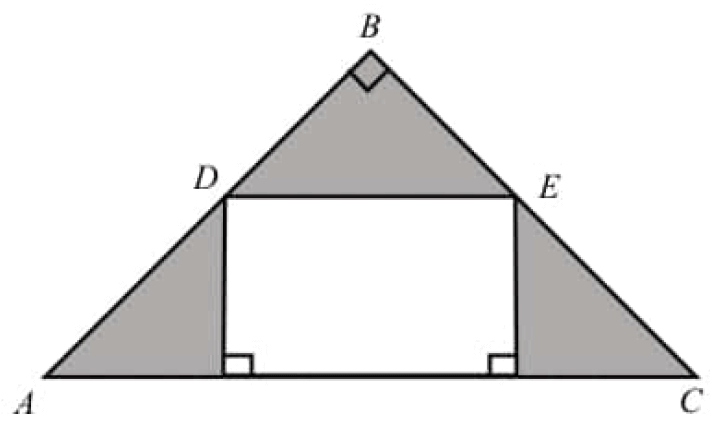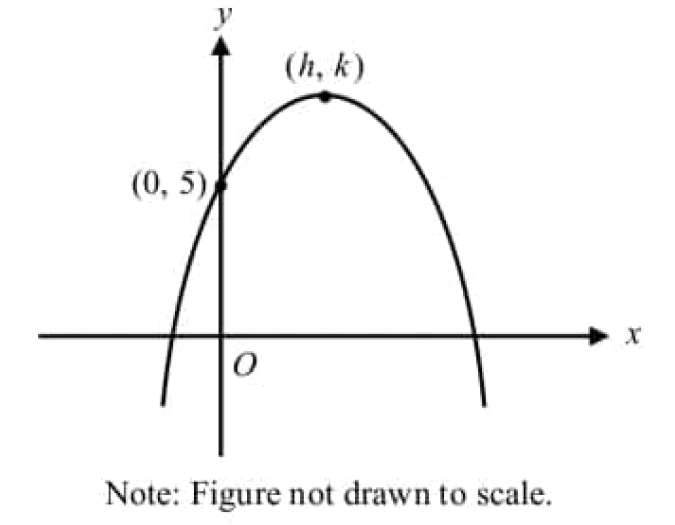WORD PROBLEMS INVOLVING ARITHMETIC SERIES
We use the formulas given below to find the sum of an arithmetic series.
Sn = (n/2) [a + l]
Sn = (n/2)[2a + (n - 1)d]
To find the number of terms, we use the formula
n = [(l - a)/d] + 1
Here a = first term, d = common difference, n = number of terms and l = last term.
Problem 1 :
Find the sum of odd numbers between 0 and 50.
Solution :
Odd numbers between 0 and 50 are
1, 3, 5, 7, ........49.
Since we find the sum of odd numbers lies between 0 and 50, we write the sequence as series.
1 + 3 + 5 + 7 + .............. + 49
a = 1, d = 3 - 1 = 2, l = 49
To find the total number of terms of the series, we use the formula
n = [(l - a)/d] + 1
n = [(49 - 1)/2] + 1
n = 24 + 1 = 25
Sum of 25 terms :
Sn = (n/2) [2 a + (n - 1) d]
S25 = (25/2) [ 2(1) + (25 - 1) (2)]
= (25/2) [ 2 + 24 (2)]
= (25/2) [ 50]
= 625
So, the sum of odd numbers between 0 and 50 is 625.
Problem 2 :
A contract on construction job specifies a penalty for delay for completion beyond a certain due date as follows. $ 200 for the first day, $ 250 for the second day, $ 300 for the third day etc., the penalty for each succeeding day being $ 50 more than for the preceding day. How much money the contractor has to pay as penalty, if he has delayed the work be 30 days.
Solution :
For the first day of delay, he has to pay $200
for the second day, he has to pay $250
By writing the penalty amount as sequence, we get
200, 250, 300,.............
a = 200, d = 250 - 200 = 50, n = 30
To find the money that has to be paid for 30 days of delay, we have to find the sum of 30 terms. So, we are rewriting the sequence as series.
200 + 250 + 300 + ...........
Sn = (n/2) [2 a + (n - 1) d]
S30 = (30/2) [2(200) + (30-1) (50)]
= 15 [400 + 29(50)]
= 15 [400 + 1450]
= 15 [1850]
= 27750
So, the total amount for penalty is $27750.
Problem 3 :
A sum of $700 is to be used to seven cash prizes to students of a school for their overall academic performance. If each prize is $ 20 less than the preceding prize, find the value of each prizes.
Solution :
The total amount to be spent for prize = 700
Let "x" be the money value of 1st prize.
Second prize = x - 20, third prize = x - 40 and so on.
x + (x - 20) + (x - 40) + ............... = 700
Sn = 700
a = x, d = x - 20 - x = -20 and n = 7
Sn = (n/2) [ 2 a + (n - 1) d]
S7 = (7/2) [2(x) + (7-1) (-20)]
700 = (7/2) [2x + 6(-20)]
700 = (7/2) [2x - 120]
200 = 2x - 120
2x = 200 + 120
2x = 320
x = 320/2 = 160
So, the money value of prizes are 160, 120, 100, 80, 60, 40 and 20.
Kindly mail your feedback to v4formath@gmail.com
We always appreciate your feedback.
©All rights reserved. onlinemath4all.com
Recent Articles
-
Digital SAT Math Problems and Solutions (Part - 204)
Jul 05, 25 07:47 PM
Digital SAT Math Problems and Solutions (Part - 204) -
Digital SAT Math Problems and Solutions (Part - 203)
Jul 05, 25 10:27 AM
Digital SAT Math Problems and Solutions (Part - 203) -
Digital SAT Math Problems and Solutions (Part - 202)
Jul 04, 25 09:44 AM
Digital SAT Math Problems and Solutions (Part - 202)

